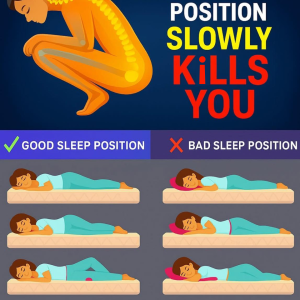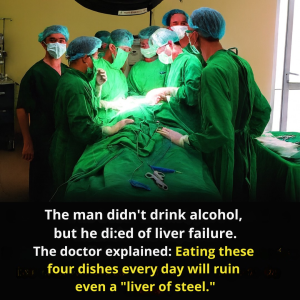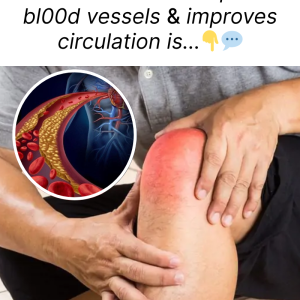
A brain aneurysm is a silent but potentially life-threatening condition that can occur without any prior symptoms. It develops when a blood vessel in the brain weakens and bulges outward, creating pressure on nearby tissues or, in severe cases, rupturing and causing internal bleeding.
The greatest danger lies in its subtlety — most aneurysms remain unnoticed until they become critical. However, recognizing the early warning signs can be lifesaving. Here are twelve symptoms that may indicate the presence or rupture of a brain aneurysm.
1. Sudden, Severe Headache
Often described as “the worst headache of my life,” this symptom is a hallmark of a ruptured aneurysm. The pain appears suddenly and intensifies rapidly. Immediate medical evaluation is essential.
2. Nausea and Vomiting
These symptoms frequently accompany a sudden headache. They may signal increased intracranial pressure due to swelling or bleeding inside the skull.
3. Blurred or Double Vision

An aneurysm pressing on the optic nerves can cause visual disturbances. If your vision suddenly becomes blurry or you see double, it may be a warning sign that requires prompt assessment.
4. Stiff Neck
Neck stiffness or pain, especially when combined with headache or sensitivity to light, may indicate bleeding in the brain or irritation of the meninges — the protective membranes surrounding the brain and spinal cord.
5. Sensitivity to Light (Photophobia)
Heightened sensitivity to light is another sign of meningeal irritation. This symptom often occurs alongside headache and neck stiffness.
6. Seizures
A sudden seizure in someone without a history of epilepsy can be a serious warning sign of a brain aneurysm or hemorrhage. Any new-onset seizure warrants immediate emergency care.
7. Drooping Eyelid or Facial Weakness
Facial asymmetry, drooping eyelids, or numbness may indicate that an aneurysm is compressing cranial nerves. This requires urgent medical evaluation.
8. Loss of Consciousness
Sudden fainting or loss of consciousness is a critical symptom that can accompany a ruptured aneurysm. It may signal severe bleeding and brain damage.
9. Trouble Speaking or Understanding Speech
Slurred speech, confusion, or difficulty understanding language can be signs of a neurological emergency such as a stroke or aneurysm rupture. Immediate intervention is vital.
10. Difficulty Walking or Dizziness

Sudden balance issues, unsteady walking, or dizziness may suggest that an aneurysm is affecting areas of the brain responsible for coordination and movement.
11. Pain Behind or Around the Eye
Localized pain near the eye socket can occur when an unruptured aneurysm presses on surrounding nerves. Persistent eye pain of this type should not be ignored.
12. Personality or Behavioral Changes
In some cases, growing aneurysms can alter mood, cause confusion, or lead to noticeable behavioral changes. These subtle symptoms can appear before more severe complications.
Why Early Detection Is Crucial
Unruptured aneurysms can often be managed successfully through surgery or close monitoring, dramatically reducing the risk of rupture. Once an aneurysm bursts, the likelihood of death or permanent brain injury increases significantly.
If you or someone you know experiences any combination of these symptoms — especially a sudden, intense headache — seek emergency medical help immediately. Modern imaging techniques such as CT scans, MRIs, and angiograms can detect aneurysms early, but timely recognition of symptoms remains the most important step.
Conclusion
A brain aneurysm may not always show warning signs, but when it does, those signs demand immediate attention. The twelve symptoms outlined above are not to be dismissed. Trust your instincts — if something feels wrong, act quickly. Early medical intervention can mean the difference between recovery and irreversible damage. Your awareness and prompt response can save a life.




